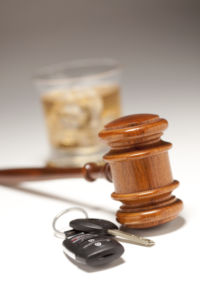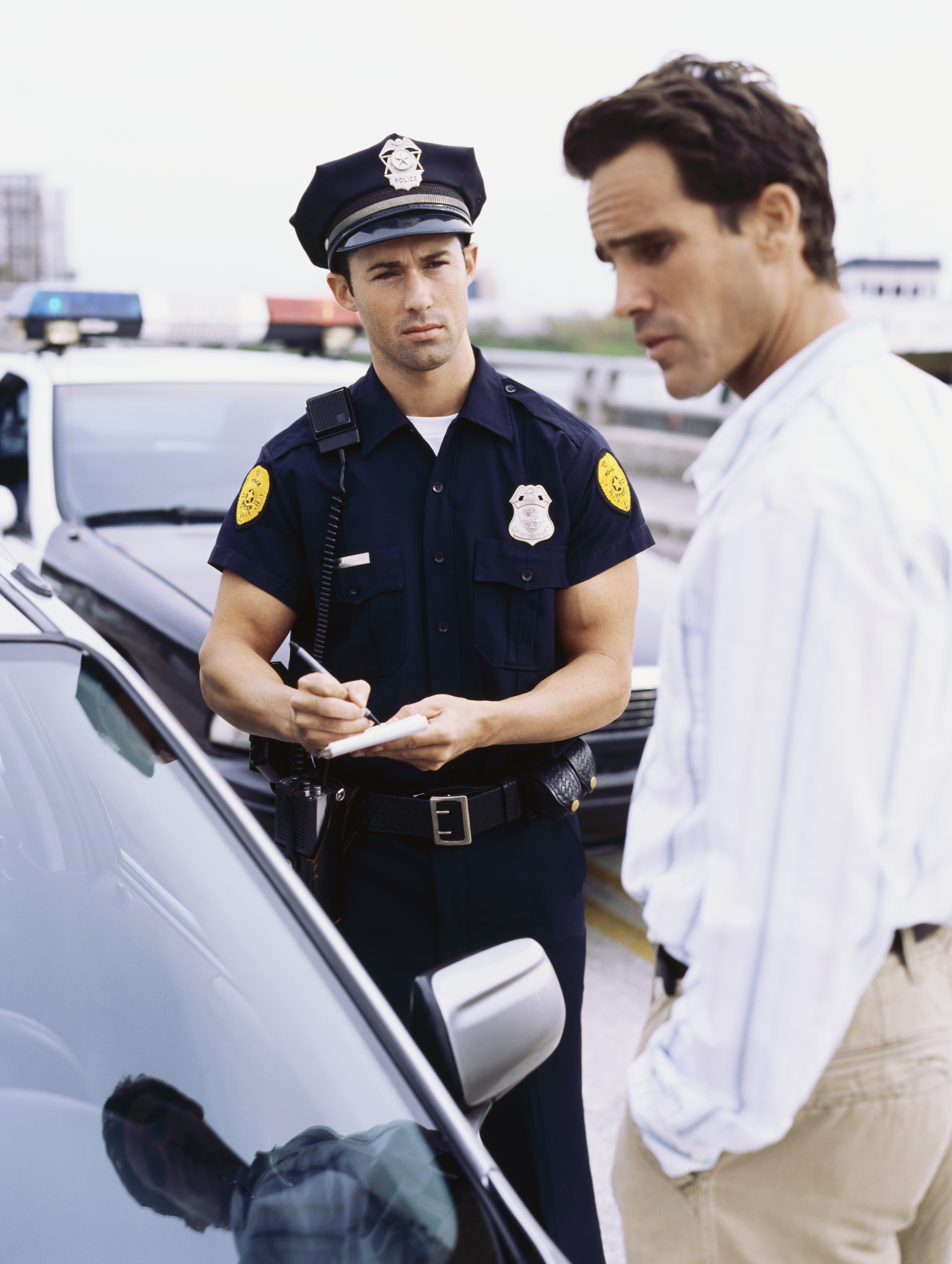
With Spring break fast approaching, about 1.5 million students will spend their week traveling to popular seaside locations like Cancun, Panama City, and South Padre Island, where they will bask in the sun and consume copious amounts of alcohol.
Alcohol goes hand in hand with poor choices. Many parents will learn of the consequences of those choices by scrolling through their kids’ Instagram accounts. Others will hear about them when their kid confesses that they did something stupid. And some will learn about it when they get a call home from their child, who is sitting in the local police station in handcuffs.
A parent’s first instinct will be to ensure that everyone’s okay. It’s only later that they’ll wonder if they might be on the hook for what their underage kid did. It may come as a surprise, but in many cases, they are.
It used to be the law that parents generally were not liable for the acts of their minor children (in most states, that’s children under the age of 18) solely because of that relationship. In other words, the parents did not owe someone injured by their child a duty of care. Parents could only be held liable for something their kid did if the injured party could show that the parents themselves were somehow directly responsible, such as by virtue of negligent supervision.
Every state has modified this common law rule. In most states, a parent bears legal responsibility for their child’s “willful” or “malicious” conduct. This essentially means that if their kid does something wrong deliberately, then the parent can get tagged for any property damage. Although this gets tricky when dealing with drunk people, many courts have ruled that misconduct while drunk is “willful.” These courts reason that it’s better for the parents to be responsible than for an innocent victim to bear a loss. Most, but not all, of these states limit the parent’s liability.
There are a few “exceptions.” First, there are states that do not limit parental responsibility for their child’s misconduct at all. A second involves driving. Many states, like Florida, impose unlimited liability on parents if a minor child behind the wheel causes a motor vehicle accident. Some states, such as California, accomplish this by requiring parents to sign their child’s driver’s license application and essentially vouch for them. The rationale once again is that an innocent victim shouldn’t have to bear the loss of personal injuries caused by someone’s kid, who probably doesn’t have the assets to compensate the victim. So the law looks to the parents to reimburse them.
If that weren’t enough to deter a parent from funding their kid’s spring break excursion, the prospect of facing criminal liability for their conduct might be.
Most states have enacted what are called “parental responsibility laws.” These laws are based on the assumption that if a kid commits a crime, it’s because their parent didn’t exercise sufficient control and oversight. The parent isn’t charged with the crime their kid committed; rather, they are charged with failing to exercise proper control. These laws have been on the books for more than 100 years and are regularly enforced.
When they wish their spring breaker goodbye, parents should remember that underage drinking is a crime. So is driving while under the influence. Either of these alcohol-related crimes could theoretically result in a parent being charged with violating a parental responsibility law. You might be surprised to land in Tampa only to find there is a warrant out for your arrest because your spring breaker was charged with underage drinking and chose not to tell you about it.
A separate possible basis for parental criminal liability is contributing to the delinquency of a minor. These laws are premised on the parents actually enabling their child’s misconduct such as, for example, when parents give their underage child alcohol. We couldn’t find any cases on it, but a creative prosecutor might try to indict a parent who funds an underage spring breaker’s trip to a party town knowing that there will be a lot of drinking.
If you or a loved one is in a bind as a result of a criminal charge, immediately contact a Seattle Criminal Attorney. A Criminal lawyer is not going to judge you, and understands that everyone makes mistakes. Hiring a Seattle Criminal Lawyer to help can – at a minimum – reduce penalties, and can help direct people on how to best deal with their criminal charge, and many times even get them dismissed. So it should go without saying that someone cited for a misdemeanor or felony should hire a qualified Seattle Criminal Lawyer as soon as possible. Criminal charges can cause havoc on a person’s personal and professional life. Anyone charged with a crime in Washington State should immediately seek the assistance of a seasoned Seattle Criminal Lawyer. SQ Attorneys can be reached at (425) 359-3791 and/or (206) 441-0900.


